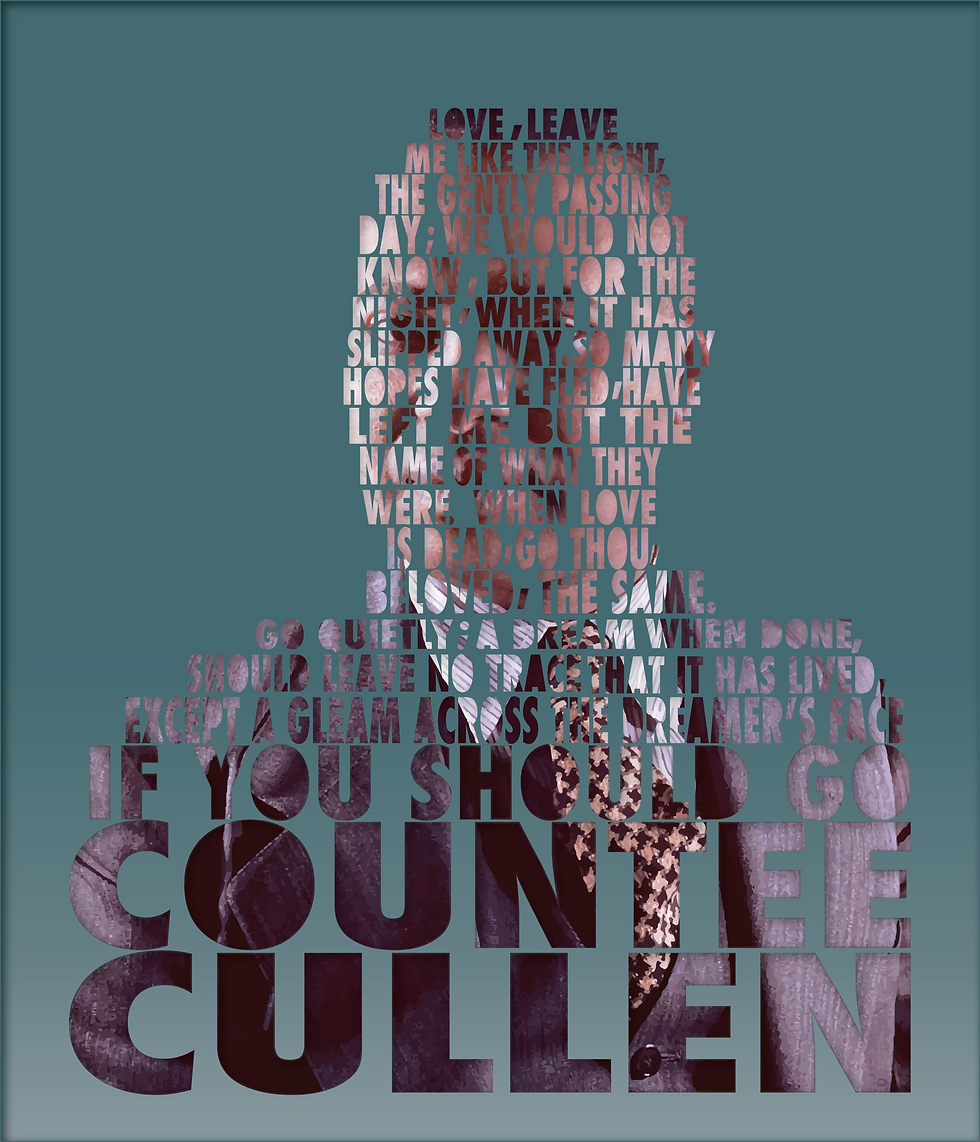Historically Unheard: Paul Laurence Dunbar
- poetryunheard
- Mar 1, 2021
- 2 min read
Updated: Aug 1, 2022
The poetry of Paul Laurence Dunbar has perhaps been most famously immortalised by the late, great Maya Angelou who’s autobiography I Know Why the Caged Bird Sings borrows directly from Dunbar’s poem ‘Sympathy’. ‘I know why the caged bird sings, ah me,’ writes Dunbar ‘When his wing is bruised and his bosom sore, –/ When he beats his bars and he would be free;/ It is not a carol of joy or glee’. He wrote the poem during an unhappy stint working at the Library of Congress, which he left after a short period to focus on his writing, but many- Angelou included- interpret it rather as a reflection of the systemic oppression faced by black Americans which continues to remain an apt metaphor.

As one of the first African American writers to gain international fame, Dunbar reaped great success during his early life. He wrote his first poem aged 6, gave his first public recital aged 9 and at just 16 had published his first selection of poems in the local Herald newspaper. He went on to publish books, collections of poetry, novels and short stories. He wrote the lyrics to In Dahomey, the first musical written and performed entirely by African Americans. Through the success of his poetry he gained connections with Frederick Douglass and Booker T. Washington.
Despite his undoubtedly successful career, Dunbar faced (and continues to face) scathing criticism. Throughout his writing Dunbar transgressed dialect frequently changing between standard or conventional English and what was known as ‘African American English’ (AAE) associated with the antebellum South. When writing in standard English Dunbar was criticised for appearing too formal, too conventional, ‘genteel, slightly labored’ (in other words, boring) and most significantly for betraying his African-American identity. But for his works written in dialect he was criticised of buying into white stereotypes of black language and racist tropes taken from plantation literature and minstrel shows. Dunbar was simultaneously ostracised from both communities for his failure to commit to one.

Dunbar’s early fame was matched by a tragically early death. Having suffered with tuberculosis for almost 6 years, he finally died of the illness in 1906 aged just 33. In just a short period Dunbar’s work had a supremely undeniable impact in providing a voice for generations of ‘caged birds’ and it is certainly telling that, despite many attempts at silencing his voice, it remains just as prominent to this day.








Comments